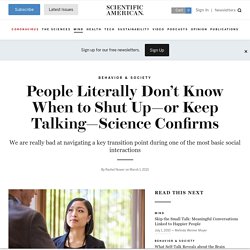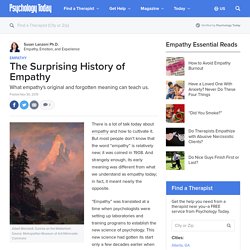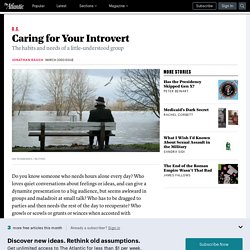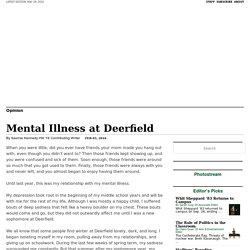

People Literally Don't Know When to Shut Up. One evening Adam Mastroianni was reluctantly putting on his bow tie for yet another black-tie party at the University of Oxford that he had no interest in attending.

Inevitably, Mastroianni, then a master’s student in psychology at the university, knew that he would wind up stuck in some endless conversation that he did not want with no way to politely extricate himself. Even worse, he suddenly realized, he might unknowingly be the one to perpetuate unwanted conversation traps for others. “What if both people are thinking exactly the same thing, but we’re both stuck because we can’t move on when we’re really done?” He wondered. Mastroianni’s hunch may have been on the mark.
“Whatever you think the other person wants, you may well be wrong,” says Mastroianni, who is now a doctoral candidate in psychology at Harvard University. Most past research about conversations has been conducted by linguists or sociologists. Most people also failed at intuiting their partner’s desires. Untitled. Professional Counseling With A Licensed Therapist. - The Washington Post. Untitled. Megan Green on Mental Health and Coronavirus. Untitled. A new study has found that drivers of flashy vehicles are less likely to stop and allow pedestrians to cross the road -- with the likelihood they'll slow down decreasing by 3% for every extra $1,000 that their vehicle is worth.

Researchers from the University of Nevada, Las Vegas speculated that the expensive car owners "felt a sense of superiority over other road users" and were less able to empathize with lowly sidewalk-dwellers. They came to this conclusion after asking volunteers to cross a sidewalk hundreds of times, filming and analyzing the responses by car drivers.
Researchers used one white and one black man, and one white and one black woman -- also finding that cars were more likely to yield for the white and female participants. Vehicles stopped 31% of the time for both women and white participants, compared with 24% of the time for men and 25% of the time for black volunteers. But the best predictor of whether a car would stop was its cost, researchers discovered. The Surprising History of Empathy. Albert Bierstadt, Sunrise on the Matterhorn Source: Metropolitan Museum of Art/Wikimedia Commons There is a lot of talk today about empathy and how to cultivate it.

But most people don’t know that the word “empathy” is relatively new; it was coined in 1908. And strangely enough, its early meaning was different from what we understand as empathy today; in fact, it meant nearly the opposite. “Empathy” was translated at a time when psychologists were setting up laboratories and training programs to establish the new science of psychology. Article continues after advertisement The word “empathy” thus appeared in 1908 as a translation of the German Einfühlung (literally “in-feeling”).
If empathy originally had an aesthetic meaning, American psychologists began to extend its scope to include the understanding of other people. By the Second World War, social psychologists began devising experiments to gauge a subject’s empathy for others. What do we gain by remembering this early empathy? Caring for Your Introvert. Are introverts oppressed?

I would have to say so. For one thing, extroverts are overrepresented in politics, a profession in which only the garrulous are really comfortable. Look at George W. Bush. Look at Bill Clinton. Saoirse Kennedy-Hill. When you were little, did you ever have friends your mom made you hang out with, even though you didn’t want to?

Then those friends kept showing up, and you were confused and sick of them. Soon enough, those friends were around so much that you got used to them. Finally, those friends were always with you and never left, and you almost began to enjoy having them around. Until last year, this was my relationship with my mental illness. My depression took root in the beginning of my middle school years and will be with me for the rest of my life. We all know that some people find winter at Deerfield lonely, dark, and long. Two weeks before my junior year began, however, my friend came back and planned to stay.
I returned to school for the fall of my junior year, but I realized that I could not handle the stresses Deerfield presented. Coming back from medical leave was definitely not what I expected. Dr. Related.